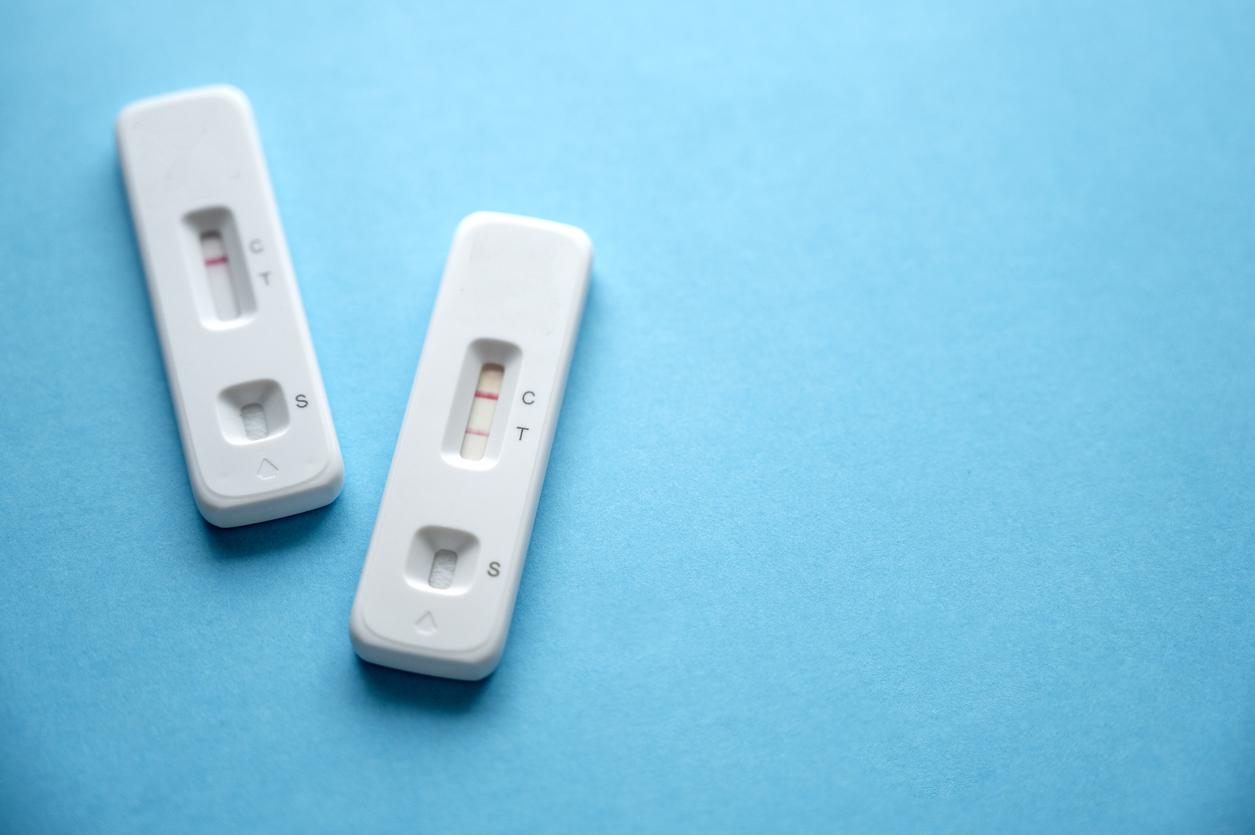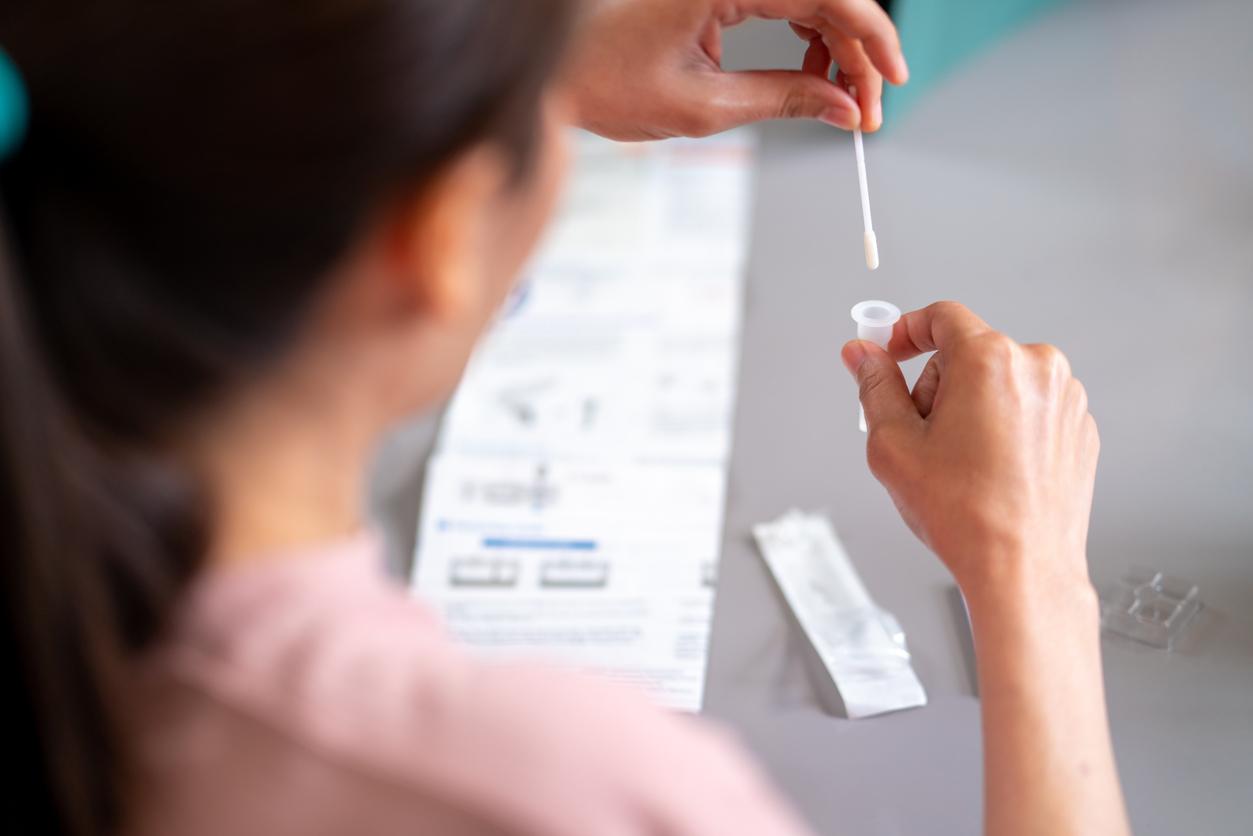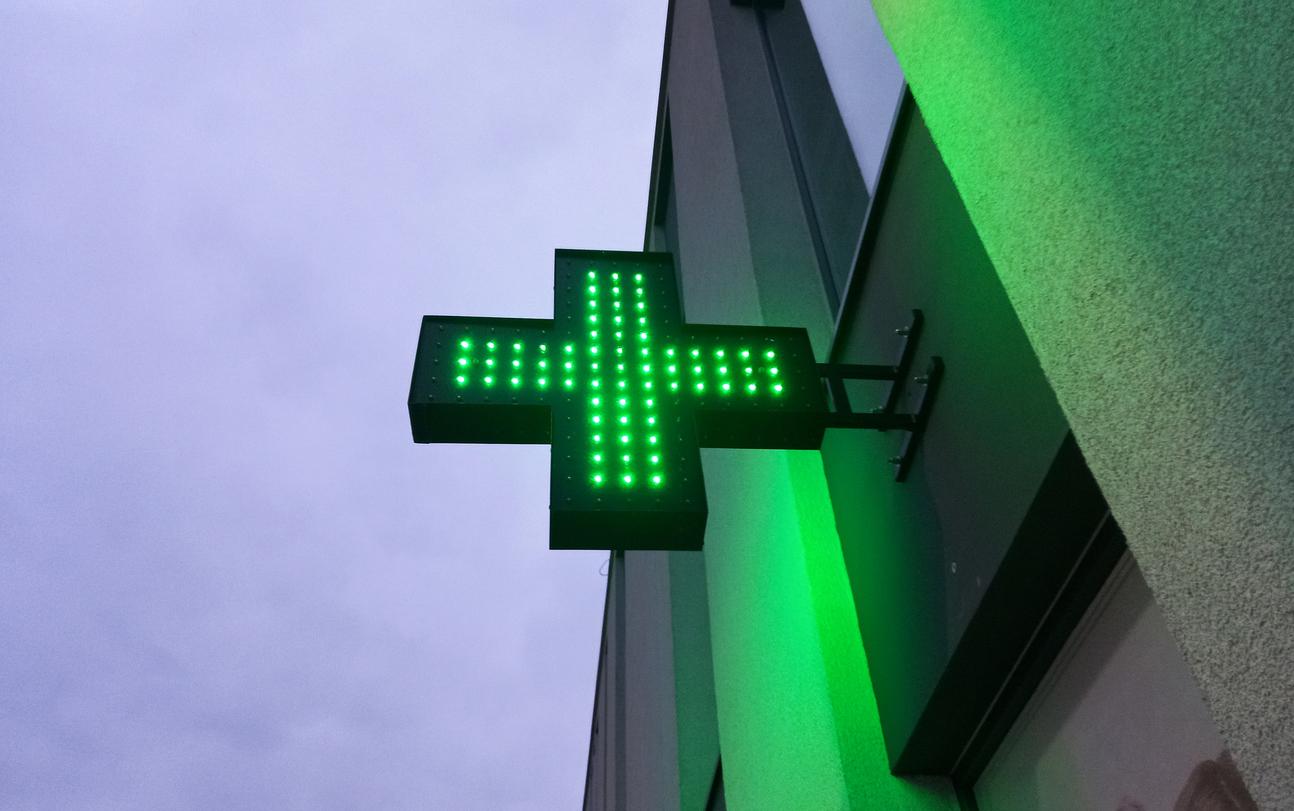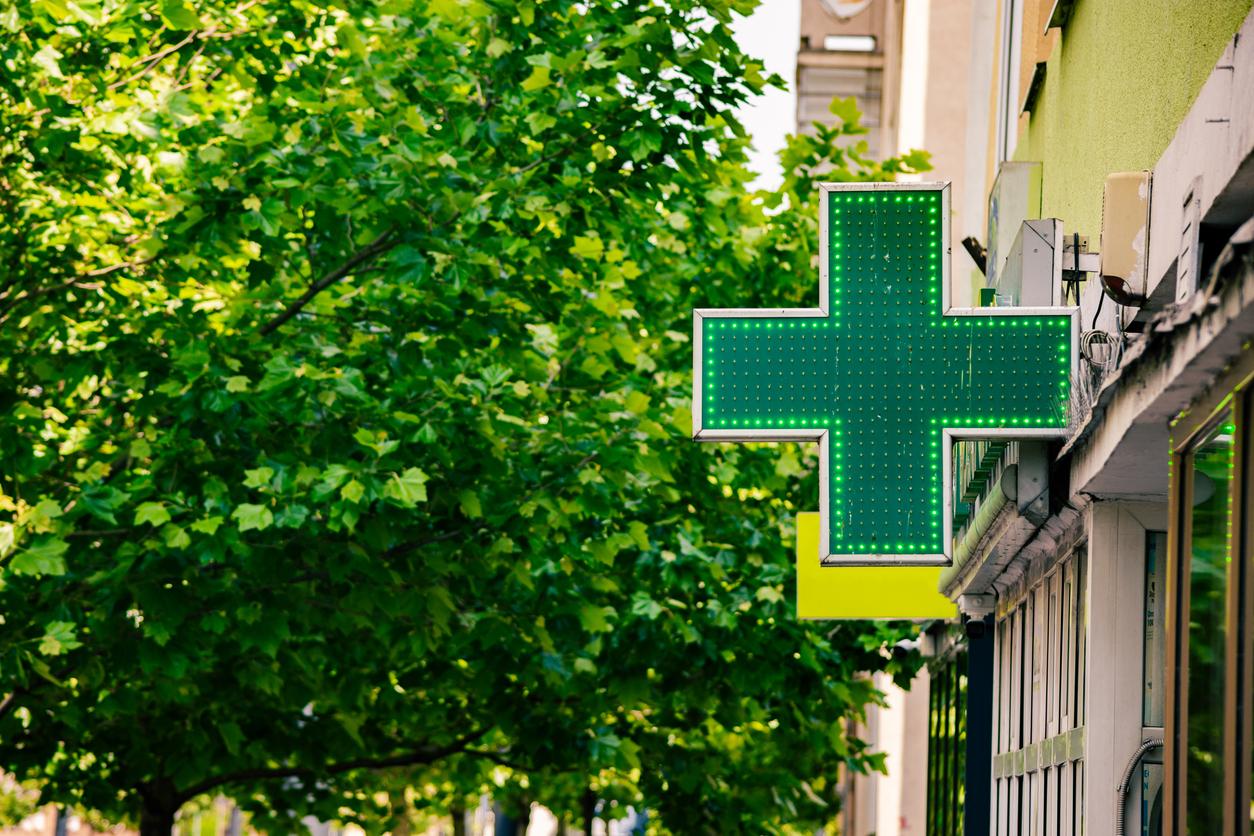82% of drugs dispensed in cities are generics. But specialists are wondering about the side effects that some of these copies could cause.

“Instead of this drug, I offer you its generic”. In pharmacies, the French are now used to substitution. Today, 82% of the drugs in the repertoire dispensed in the city are generics! That is 4 boxes out of 5. This represents savings of 905 million euros in 2008.
Ten years of effort. France has long been considered the bad student when it comes to generics. For ten years the public authorities have encouraged the substitution of drugs by generics in France: introduction of the right of substitution in 1999, conventional agreements in 2002 between health professionals and health insurance … Today, has caught up with its European neighbors. For some molecules, such as statins, the penetration rate is greater than 92%. Health Insurance recognized that the targets had been achieved. She is determined to maintain them.
Measures have been taken such as the implementation of the “third party payment against generics” system in pharmacies. This system has been applied in 86 departments since 2008. It will be extended to other departments in 2009. Health insurance representatives will also encourage professionals to make efforts to replace molecules newly registered in the generic directory, such as pantoprazole (3rd best-selling PPI). In addition, the new contracts for the improvement of individual practices (CAPI) also set targets for the prescription of generics for physicians.
Questions. If the generic is well passed in the habits of the French, they sometimes raise questions about their safety and their effectiveness. “It is above all the galenic form of the generic that can sometimes disturb the patient, especially for the elderly, but this is rare”, testifies Dr Jérome Lurcel.
Dr Jérôme Lurcel, general practitioner who works in nursing homes.
The multiplication of generics for the same molecule also causes confusion. For Dr. Lurcel, practitioners should prescribe more DCI. Today, they prescribe, on average, a little more than one in ten prescription lines for ICDs whereas they prescribed only one in a hundred in the spring of 2002.
The changes of excipient in the composition of generics still arouse the suspicion of health professionals. Neurologists have noted side effects on generic anti-epileptics. Neurologists are not the only specialists to wonder. Rheumatologists, but also cardiologists remain vigilant. Prof. Yves COTTIN reports a problem with a patient on beta-blocker.
Prof. Yves Cottin, cardiologist at Dijon University Hospital
Control of Afssaps. Generics obey the same rules of control and supervision as originator drugs. Generic manufacturers must in particular demonstrate bioequivalence before obtaining marketing authorization. In order to secure the quality of these tests, Afssaps has been involved since 1995 in an action program which intensified in 98-99.
Pierre-Henri Bertoye, deputy to the director in charge of national and international medical affairs (Afssaps)
In addition, Afssaps closely follows the manufacture of generics. “Batches are sampled and analyzed, we carry out these checks every year”, specifies Fabienne Bartoli, assistant to the director general of AFSSAPS.
Fabienne Bartoli, deputy to the director general of Afssaps
Today, generic non-compliance rates are around 3%, a rate equivalent to originator products.
Faced with the globalization of the manufacture of drugs, originator or generics, Afssaps is engaged in training and inspection cooperation at the level of the European Union and at the level of the WHO.
To drive the point home on safety, Afssaps has developed a flyer that doctors and pharmacists can give to patients. It recalls the rules of good practice, the action to be taken to prevent medication errors. And the agency asks practitioners and patients to report cases of side effects. Like what has been done to anti-epileptics.
.















